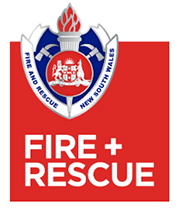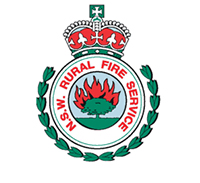Fire Safety
LPG Cylinder Safety Check List
Liquid Petroleum Gas (LPG) is an excellent fuel for heating, cooking and for automotive use. LPG cylinders are safe if used correctly. However, if stored or used incorrectly, LPG can be extremely dangerous.
Usage:
- Cylinders used for household purposes must not be filled with automotive LPG (Autogas).
- Never use LPG indoors or in a confined space.
- Do not connect or disconnect cylinders in the vicinity of a naked flame.
- Do not use LPG in windy conditions ie more than 10km per hour.
- Do not use undue force to open or close the main cylinder valve. If in doubt, consult the supplier.
- Shut off the cylinder valve before disconnecting the bottle from the BBQ.
- Always keep cool and away from flames, sparks and heat.
- When operating your gas bottle, always read the manufacturer’s operating instructions.
Storage:
- Cylinders should be stored outside in a well ventilated area, be carried and stored upright at all times.
- Do not store or use petrol, flammable liquids or aerosols near LPG cylinders.
- Ensure valves are turned off firmly when not in use.
- Pressure relief valves should face away from dwellings and combustible materials where possible.
Transport:
- When transporting cylinders in the car the total capacity must not exceed 9kg. The cylinders should be transported in an upright position, secured, preferably in the boot. Do not leave LPG bottles in a vehicle unnecessarily.
- No more than two cylinders should be carried in a car at any one time.
Maintenance:
- Your gas cylinder is required to be re-tested and stamped every 10 years.
- Never use a naked flame to detect a leak. To check for gas leakage, spray soapy water on any suspect connection or hose and watch for bubbles. If in doubt, turn off the gas and have a licensed gas fitter attend to the hose or connection.
- Do not attempt to refill dented or corroded cylinders.They must be returned to a test station for re-certification.
- Never tamper with the safety valve or other gas bottle fittings.
Remember, be safe not sorry. If you detect a strong smell of gas, call Triple Zero (000) and ask for the fire service
For Additional Information, refer to Factsheet No. 16 – General BBQ Safety and Factsheet No.46 – Portable Gas Heaters.




